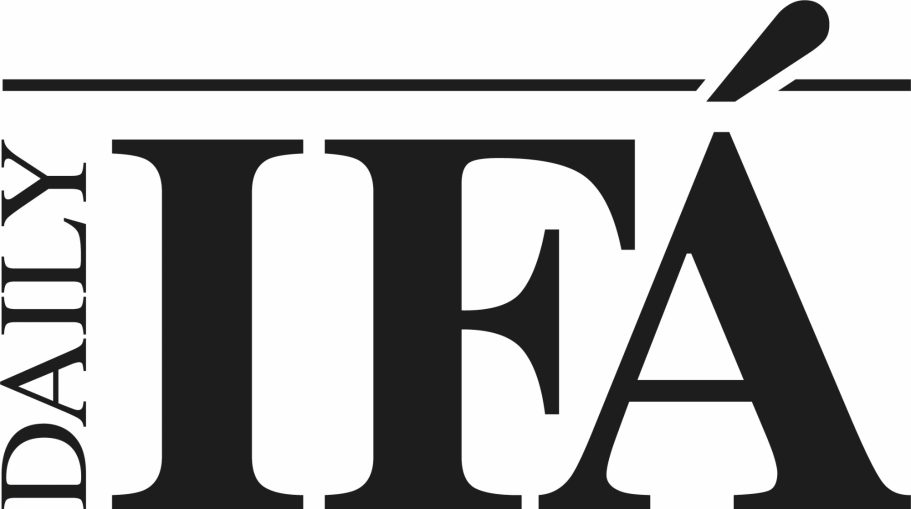
About ORISHÀ ESHÚ
Orishá Eshu, also known as Echu, Eleggua, or Legba, holds a significant role in the Yoruba religion and other related Afro-diasporic traditions such as Santería, Vodou, and Candomblé. Eshu is multifaceted, often associated with crossroads, communication, and the delivery of sacrifices. His influence on a person's life is intricate and profound.
Eshu’s role in a person’s life is dynamic and multifaceted. He embodies the complexity of life, encompassing aspects of communication, choice, and the unexpected turns of fortune. As a deity intimately connected with daily human activities and the spiritual realm, Eshu's influence is both tangible and profound, guiding individuals through life's myriad crossroads.
About the ORISHÁ
Orishá Eshu, also known as Echu, Eleggua, or Legba, holds a significant role in the Yoruba religion and other related Afro-diasporic traditions such as Santería, Vodou, and Candomblé. Eshu is multifaceted, often associated with crossroads, communication, and the delivery of sacrifices. His influence on a person's life is intricate and profound. Eshu’s role in a person’s life is dynamic and multifaceted. He embodies the complexity of life, encompassing aspects of communication, choice, and the unexpected turns of fortune. As a deity intimately connected with daily human activities and the spiritual realm, Eshu's influence is both tangible and profound, guiding individuals through life's myriad crossroads.
Roles and
Influence
- Messenger of the Gods: Eshu is the divine messenger, responsible for carrying sacrifices and messages from humans to the gods.
- God of Crossroads: Symbolizing choice, change, and possibility, Eshu is intimately associated with crossroads.
- Trickster Figure: Known for his mischievous nature, Eshu often causes chaos to teach humans valuable lessons or disrupt the status quo.
- Enforcer of Divine Justice: Eshu punishes those who break divine laws or fail to honor the gods.
- Guardian of Divine Order: Despite his trickster role, Eshu ensures that the world runs according to divine plans.
- Bringer of Fortune and Misfortune: His actions reflect the unpredictability of life, bringing both good and bad outcomes.
- Master of Languages and Communication: As a messenger, Eshu excels in languages and effective communication.
- Guardian of Travelers and Roads: He protects those who travel and the paths they take.
- Patron of Trade and Commerce: Eshu oversees activities involving travel and negotiation.
- Connector of Mortals and Divinities: He facilitates communication between humans and the divine realm.
Characteristics and Symbolism
- Symbols: Eshu is represented by a three or seven-pointed star, an ogó (staff with gourds symbolizing male genitalia), and an erect phallus.
- Colors: His colors are black and red.
- Natural Places: Crossroads are significant to Eshu.
- Stones: Ruby and garnet are associated with him.
- Element: Eshu is linked to the earth, fire, and the realm of communication.
- Greeting: "Láaròye Èsù!" ("Laroié Eshú" - the good speaker, communicator).
- Offerings: Include rams, kids, roosters, guineafowl, ducks, farofa with palm oil, ekó, wines, spirits, and various plants.
- Day of the Week: Monday.
- Responsibilities: Eshu governs aspects of sex, magic, union, power, and change.
- Syncretism: He is often syncretized with the devil in certain traditions.
Key Manifestations (Aspects)
Eshú manifests in dozens forms, including some well-known like
- Iangui (Yangi) - the first Eshú, created as Eshú Agbá, the primal Eshú representing all individual Eshús.
- Lonan (Olóonon) - "Lord of all paths."
- Odará (Odara) - the Eshú of white, "Lord of luck," imparting tranquility. Connected with Orixalá and Oxaguian.
- Alê (Ale) - "Lord of the streets," of great movements and catastrophes (belongs to the Efon nation).
- Ina - "Lord of fire" (praised in the Ipadê ceremony).
- Aquessã (Akesan) - "Lord of the Merindiloguns" (divination system), connected with Orunmilá and Ifá. Helper of the priest's Bára. Also considered an Eshú of commerce.
- Larin-otá - the "Lord of language," bestowing the power of communication upon humans. "Friend to everyone who is a friend to him."
- Elepô - the Eshu of palm oil.
- Ojishebó - the messenger whose task is to carry the ritual artifacts and our requests directly to the Orum (spiritual realm).
- Eleru (Eleru) - Exu of burdens, carrying away the problems that make the individual's life difficult. Connected with Babá Egum.
- Olobé (Ologbé) - "Lord of the knife." Exu worshipped at the beginning of sacrificial offerings involving metal. Closely associated with Ogum.
- Ocotô (Okoto) - "Lord of development." Enables reproduction and refinement of humans. Strong connection to Orunmilá.
- Oshe Oritá Metá - Exu who guards the crossroads where he receives and observes his Ebós (a type of offering), punishing the negligent.
- Elebara (Elégbára) - "Lord of power," the Exu of change. Administrator of long roads. Loyal companion of Ogum, with a direct connection to Yemanjá.
- Odushô (Àduso) - "Guardian of Odus." Oversees and guides the Babalawo in reading the oracle, preventing the priest from providing false information to the petitioner.
- Shiguidi - This being belongs to the family of Eshu, lives in lonely places but unlike Eshu, only acts at night when people are asleep. This entity, when prepared, incarnates over the person's body and does not let them live. It has twelve evil spirits under its command.
Sign-Up for free to your Weekly Newsletter.
Illustrations of the Orishá
Wir benötigen Ihre Zustimmung zum Laden der Übersetzungen
Wir nutzen einen Drittanbieter-Service, um den Inhalt der Website zu übersetzen, der möglicherweise Daten über Ihre Aktivitäten sammelt. Bitte überprüfen Sie die Details in der Datenschutzerklärung und akzeptieren Sie den Dienst, um die Übersetzungen zu sehen.




